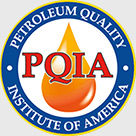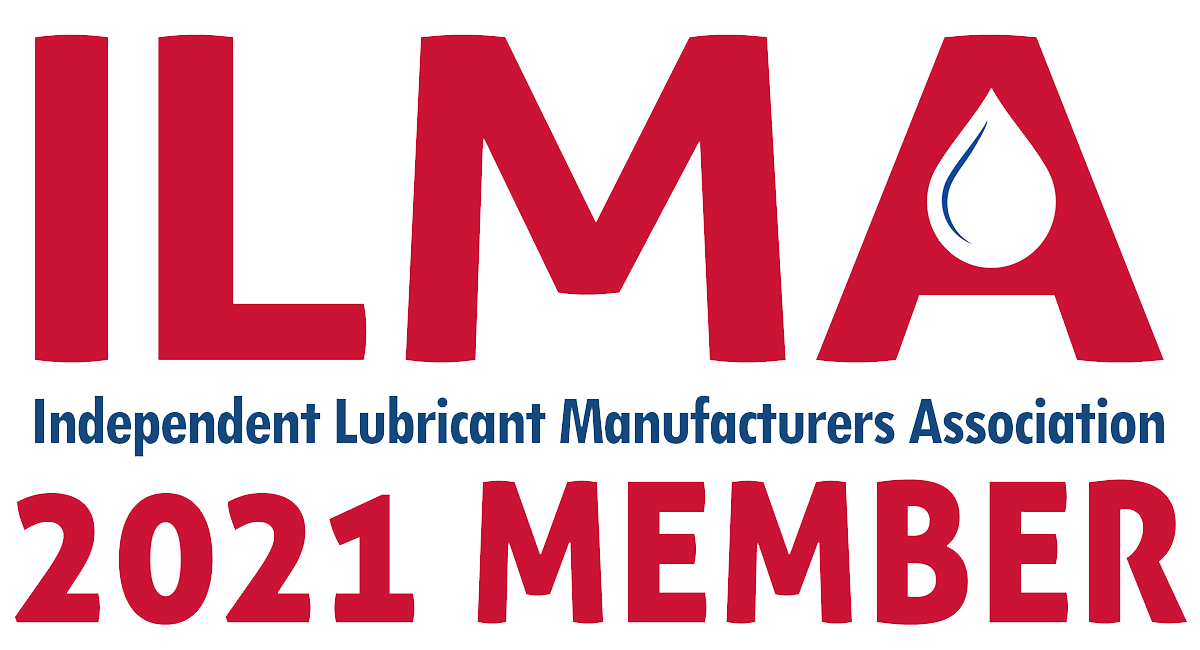 2018 has been an interesting year for many of the industries PetroChoice services. Oil, automotive, manufacturing, mining and other industries have all found themselves in the news. Here are some of the more notable or memorable stories we saw this year.
2018 has been an interesting year for many of the industries PetroChoice services. Oil, automotive, manufacturing, mining and other industries have all found themselves in the news. Here are some of the more notable or memorable stories we saw this year.
New Motor Oil Classification Aims to Fight LSPI – The American Petroleum Institute (API)’s new motor oil classification, API SN Plus, began licensing on May 1. Oils with the new classification feature reduction in calcium content and increases of other elements to help combat low speed pre-ignition, or LSPI. LSPI is common in turbocharged direct-injection vehicles and can cause serious engine damage. Several OEMs pushed for the new sub-classification as it is unlikely the next license category update, to ILSAC GF-6, will occur until 2020.
Qatar leaves OPEC – Qatar’s new energy minister said the Middle Eastern nation will leave the Organization of the Petroleum Exporting Countries (OPEC) effective Jan. 1 2019. It had been a member of OPEC since 1961. While political tension between Qatar and its neighbors, including Saudi Arabia, have grown since 2017, officials have said the decision is a business one. Qatar wants to shift their focus to natural gas production, something at which they already excel. Once their withdrawal is effective, Qatar will become just the third member to terminate their OPEC membership and the first Middle Eastern nation to do so.
In-Car Technology on the Rise – More and more players in the automotive industry are starting to add new tech to their vehicles. Toyota announced in January it would integrate Amazon Alexa voice assistants into some of its Toyota and Lexus models, Kia will add Google Assistant to some of their models and Mercedes will add their own proprietary voice assistant to its newer vehicles. Ford and Hyundai both announced plans for “connected car” systems and many manufacturers began work on autonomous vehicles. Autonomous vehicles have also become a point of emphasis outside the automotive industry, as Australia approved the technology used by mining company Rio Tinto to complete its first autonomous train.
It hasn’t been all good news though. A pedestrian was struck and killed by a self-driving Uber vehicle in March. The incident was called “preventable” by the IIHS and the ride sharing company has since stopped testing self-driving cars on public roads. All of the new technology in vehicles is causing the cost of repairs to increase. In addition, all of the changes have led to new questions for regulators, with the NHTSA considering safety rule changes.
Closing Plants, Cutting Models – General Motors announced in November that it would shutter five factories in the United States and Canada, drawing the ire of President Donald Trump and others. This came a mere month after the automaker offered voluntary buyouts to 18,000 of its employees despite posting a net income of $2.5 billion. Its spokespeople called the measure proactive, as it anticipates challenges with its investment in autonomous and electric vehicles.
GM isn’t the only company taking steps like this. Also in November, Toyota announced it would consider removing some models from its North American lineup due to poor sales. Chrysler also announced it would be removing models from the market.
The trend of downsizing and restructuring isn’t confined to the automotive industry either. BP announced in August that it was considering the sale of up to $6 billion in assets in the United States. Heavy equipment manufacturer CAT agreed to sell its purpose-built forestry equipment division in a deal that could be finalized in early 2019.
States Crack Down on THF 303 – Georgia banned the sale of the controversial 303 tractor hydraulic fluid in February, with North Carolina following suit in August. Missouri had already banned the sale of the fluid in 2017. The 303 is a reference to John Deere’s JDM 303 classification, which became obsolete in 1974. Often sold in bright yellow buckets, these fluids are heavily discounted and some estimates say the account for as much as 25 percent of all THF sold in the United States.
According to the Petroleum Quality Institute of America (PQIA), it is impossible to determine whether these lubricants are appropriate for use in modern tractors and they fail to meet J20C and J20A specifications 90 percent of the time.




